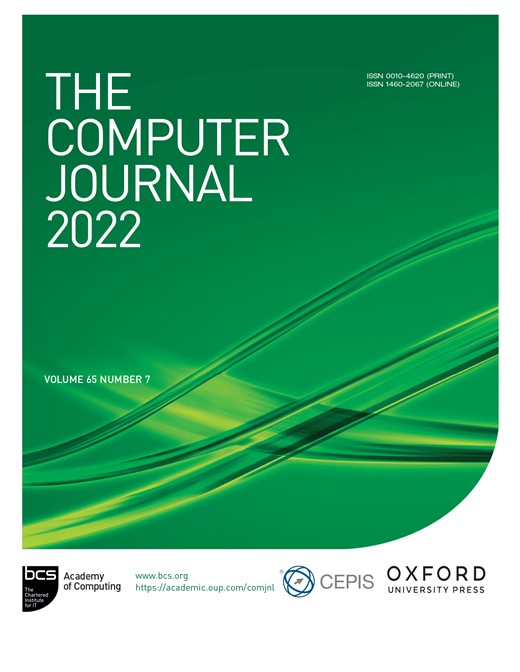-
Views
-
Cite
Cite
Betcy Thanga Shoba, I Shatheesh Sam, Aging Facial Recognition for Feature Extraction Using Adaptive Fully Recurrent Deep Neural Learning, The Computer Journal, Volume 65, Issue 7, July 2022, Pages 1923–1936, https://doi.org/10.1093/comjnl/bxab212
Close - Share Icon Share
Abstract
The face recognition (FR) process identifies or confirms a person with the help of images and videos. The traditional aging FR (AFR) method encounters numerous issues as a result of age-related biological transformation. An adaptive fully recurrent deep neural learning (AFRDNL) technique is presented in this research to improve FR accuracy (FRA) with minimal time complexity (TC). Feature extraction and classification are two processes included in the proposed technique. The AFRDNL technique gathers facial images from the database and trains the face images with three layers. To learn the facial features, three hidden layers are employed in the AFRDNL technique. Finally, the AFRDNL technique utilizes the Gaussian activation function for matching extracted testing features with earlier saved training features. This process is repeated until a minimal training error with a higher FRA is achieved. Experimental evaluation is carried out with three image datasets like Face and Gesture Recognition Research Network, MORPH and Cross-Age Labeled faces in the Wild (CALFW) datasets using different metrics, such as FRA, false-positive rate (FPR), TC and F1score. The experimental results confirm that the AFRDNL technique effectively increases the FRA and F1score and minimizes the FPR and TC more effectively than the state-of-the-art methods.




